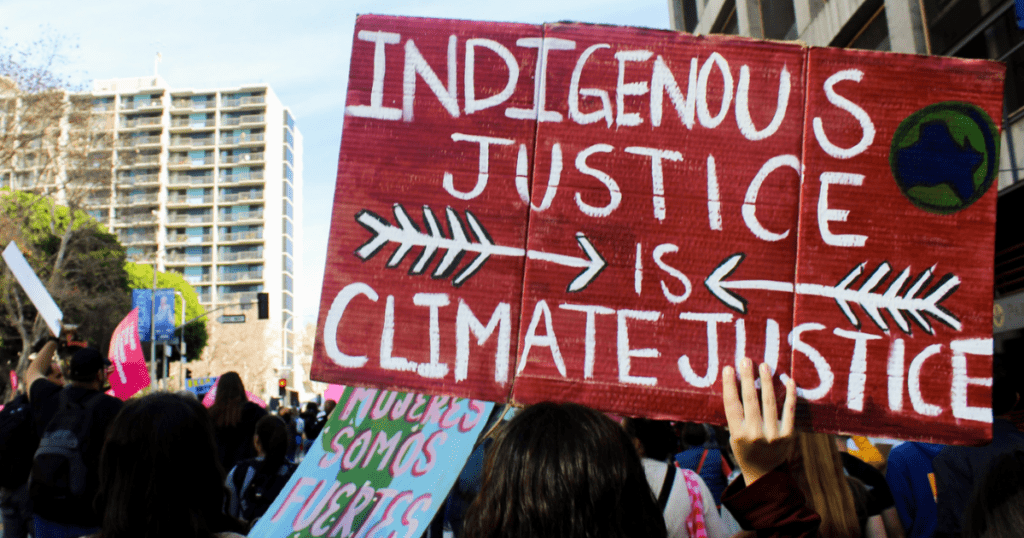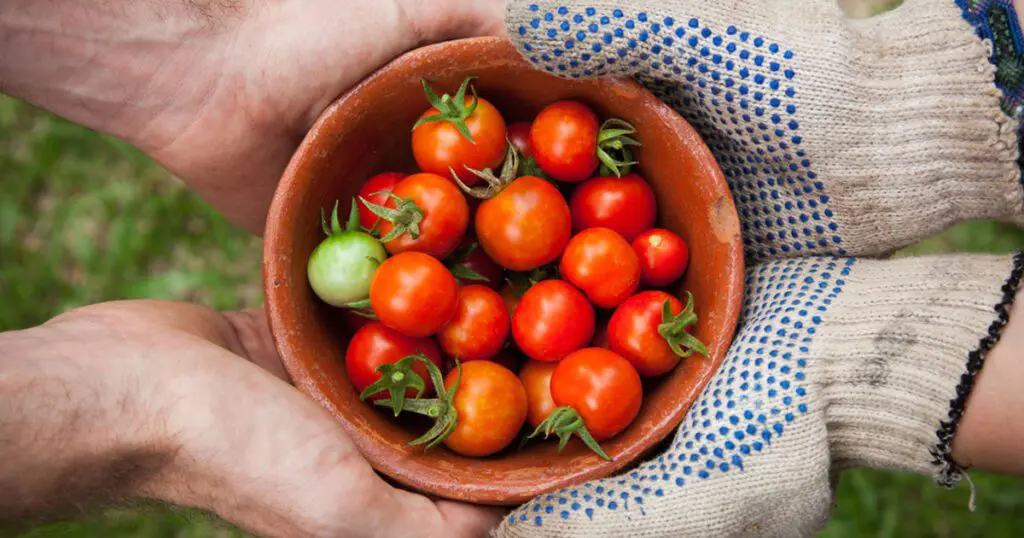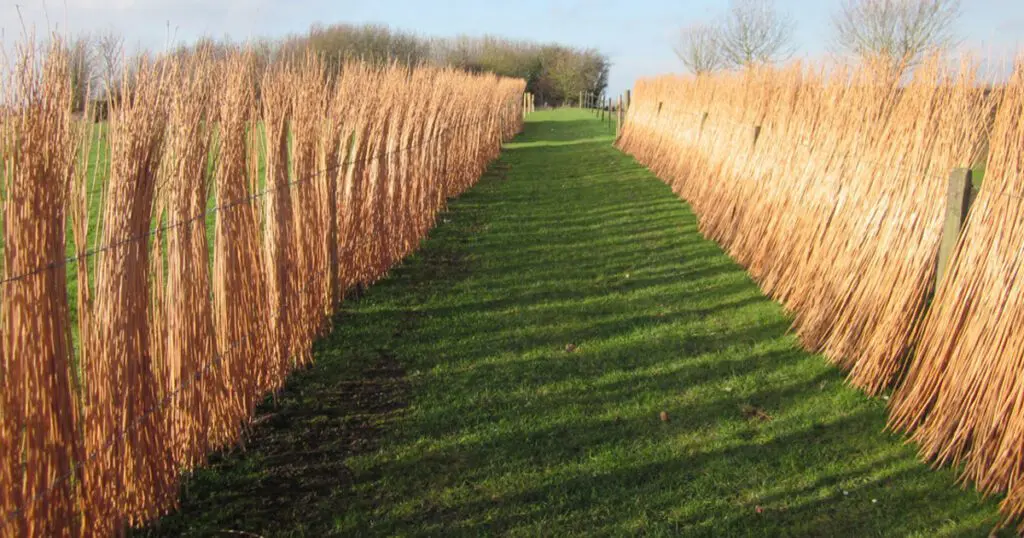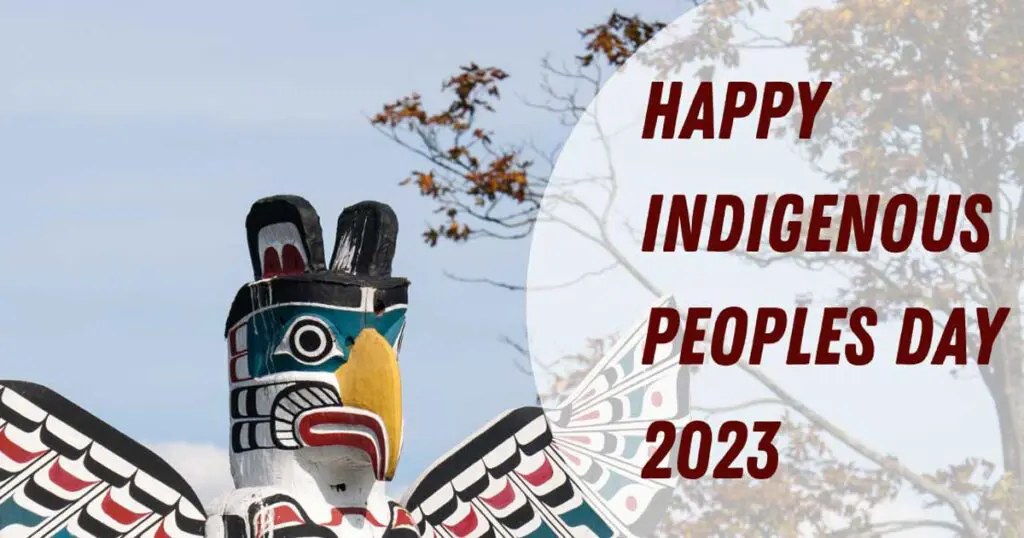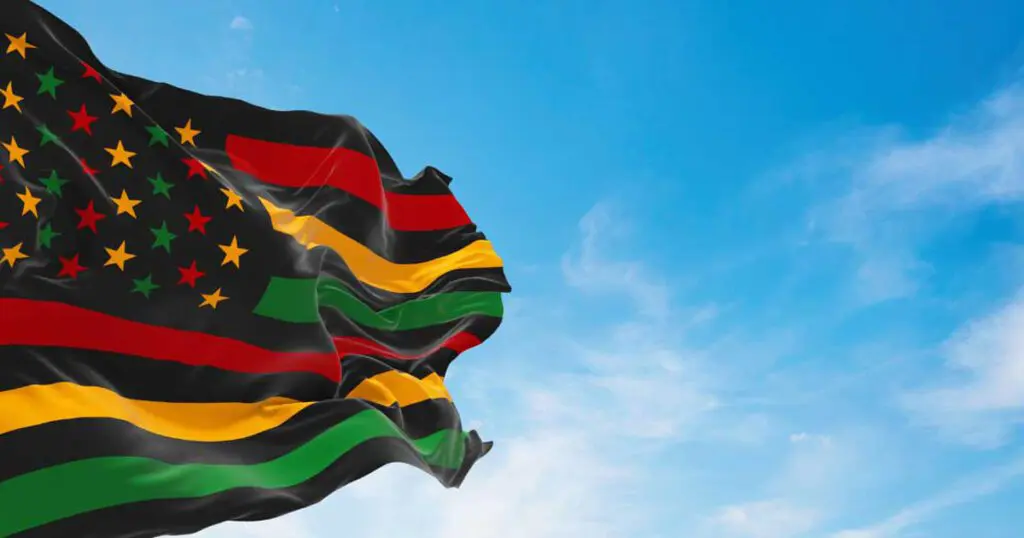National Day for Truth and Reconciliation: Bridging the Past with Climate Action
The National Day for Truth and Reconciliation, observed on September 30th in Canada, honors residential school survivors and acknowledges the harm caused by these institutions. It’s a day for reflection…

